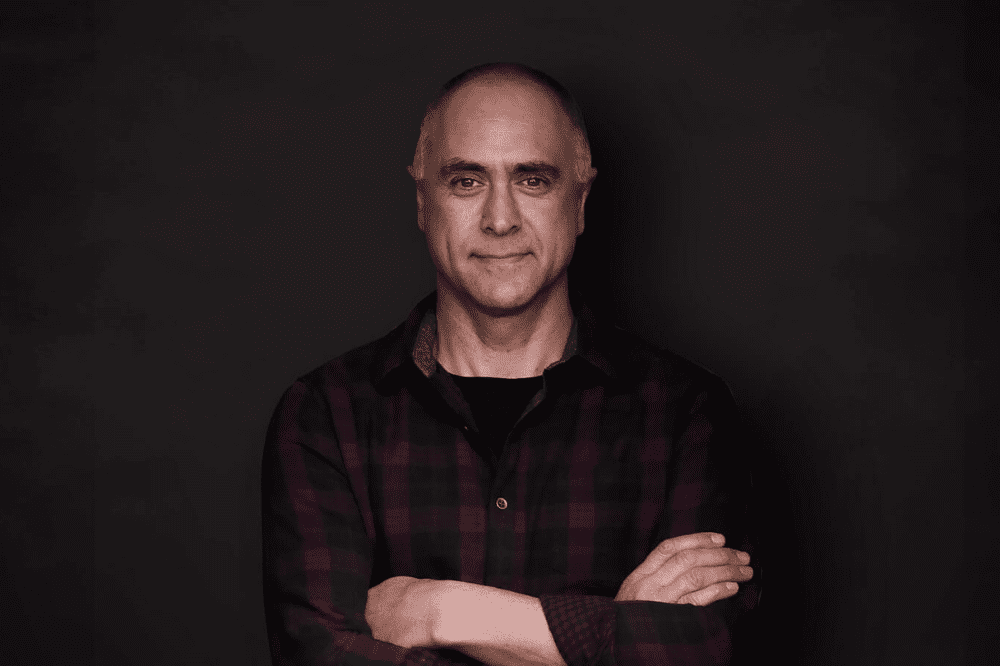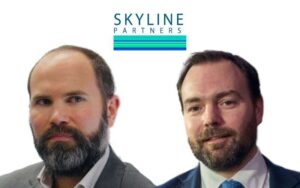AFL footie star lifts lid on PukaUp partnership with Honan

“I am more than happy to be vulnerable and talk about my own mental health issues,” said Fluitsma in an interview with Insurance Business TV. Fluitsma made the admission during an interview about his firm’s new partnership with Melbourne-based suicide prevention non-profit PukaUp.
IB asked PukaUp’s founder, former professional AFL player Wayne Schwass (pictured above), if he was surprised by the Honan CEO’s openness around his own mental health?
More leaders need to speak up
“No, it doesn’t surprise me that Andrew does this,” said Schwass, who played for North Melbourne and the Sydney Swans and is now a leading mental health advocate. “What does surprise me though, is that we don’t see more leaders talk candidly about things they do to support themselves and those they engage with at home and at work.”
Schwass said he hoped more leaders would start speaking openly about what they do to take care of their mental health. “Leaders can help normalise these conversations too,” he said.
Read more: “I see a psychologist,” says CEO of international brokerage
According to Schwass, his non-profit’s vision is to “create the environments for every person to have authentic and genuine conversations about mental health and emotional wellbeing”.
“I don’t believe people need to become unwell before they start to look after their mental health which was something I did, regrettably,” he said. “Our aim is to help people stay healthy in the first place.”
Foundations of wellbeing program
PukaUp partnered with Honan to launch the Foundations of Wellbeing program which is designed to equip businesses and their employees with the tools and strategies to proactively manage their individual health and wellbeing.
Schwass devised the program based on research from the University of Melbourne’s Centre for Wellbeing Science. Honan is the first business to participate.
“I was first introduced to Honan through a relationship with Honan COO Laurence Basell and Chris Papakostas who both share my passion of cycling but equally I’ve come to appreciate their passion to support the wellbeing of their employees,” said Schwass, who said his non-profit is very selective about the businesses it partners with.
“We’re not interested in ticking boxes,” he said. “We’re only interested in and will invest in businesses that genuinely care about the wellbeing of their people and are committed to prioritising the mental health of their staff.”
Schwass said this comes from creating safe workplace environments that help normalise conversations about mental health and investing in evidence-based education programs that equip staff with the knowledge, confidence and tools to proactively look after their mental health.
Read next: Mental health and insurance: More progress needed
When PukaUp partners with an organization, he said, it’s important that the leaders demonstrate genuine commitment to supporting the wellbeing of staff – even if they aren’t sure where or how to start the journey.
“One of the most compelling things I look for with any business is whether the leaders of the organisation are prepared to commit to the journey personally,” said Schwass. “The thing I admire the most about Laurence is that he’s spoken openly about his own journey in front of his people. I also have enormous respect for Andrew as the CEO for sharing his own experiences seeing a professional regularly.”
Schwass said, in his “humble opinion”, the greatest display of leadership is a leader who is prepared to be vulnerable.
“Andrew and Laurence consistently lead with personal vulnerability,” he said. “This gives permission to every Honan employee to do the same for their own wellbeing.”
Schwass said he lived with depression, anxiety and obsessive-compulsive disorder for 10 years during his AFL career and also suicidal thoughts throughout the mid-1990s.
“Sadly, I hid my conditions from everyone bar four people – my ex-wife, two GPs and a psychologist – because of shame,” he said. “I incorrectly assumed if people knew I had mental health conditions they’d lose respect for me, see me as weak, I’d lose relationships and my career, so I chose to stay silent for 12 years before finally sharing my story.”
Schwass said insurance brokers, like any other industry of professionals, should invest time in looking after their mental health.
“Recognise that we all have mental health and invest the time to understand your own wellbeing and what skills, techniques, strategies you can develop that allow you to look after your mental health proactively and cope with many of the challenges that life and work throw at us from time to time,” he said.






